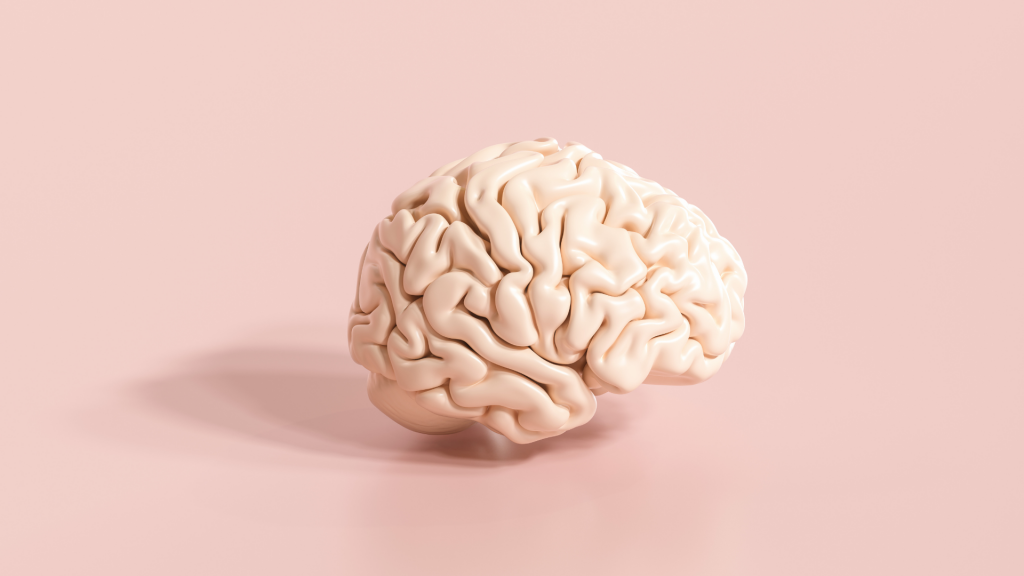What is a Clinical Neuropsychologist?
A Clinical Neuropsychologist is a health care professional who specializes in the assessment of individuals with cognitive, behavioural, or emotional difficulties related to impaired brain functioning.

What is a Neuropsychological Assessment?
A neuropsychological assessment is a specialized form of assessment, conducted by a registered psychologist who has specific training in clinical neuropsychology.
What Conditions do we Assess?
- Cognitive Impairments
- Dementia (e.g., Alzheimer’s Disease)
- Mild Cognitive Impairment
- Brain Injury (Concussion/Traumatic Brain Injury/ Acquired Brain Injury)
- Strokes
- Learning Disabilities
- Behavioural problems
- Psychiatric disorders (e.g., schizophrenia, depression)
- Chronic substance abuse (e.g., alcohol)
- Medical illness (e.g., diabetes) or treatments (e.g., chemotherapy)
What Can I Expect if I Complete an Assessment?
Intake Interview
- 90-minute initial intake interview with client (and a family member or friend, where available).
- This will include discussion and understanding of the presenting concerns, as well as review and discussion of initial referral question.
Standardized Testing
- A separate testing session will be scheduled, where you will come back to the office and complete testing which can include paper-and pencil and computerized tests looking at your thinking abilities such as your intelligence, attention, learning, memory, language, executive functions and visual-perceptual functioning.
- Testing can take anywhere from 3 hours for a brief screening, up to 8 hours for a more comprehensive assessment.
- You will also be asked to complete questionnaires of mood, anxiety, personality.
- Collateral reports as necessary (e.g., a family member/friend/caregiver may complete questionnaires).
Feedback and Recommendations
- Feedback session will involve meeting together for a 60-minute appointment to discuss the results of the assessment.
- You will be able to ask any questions and discuss what steps you might take going forward.
- This is individualized to meet your needs and personal goals.
When Will I get My Results?
Depending on how complex the referral question is, a typical time-frame from intake interview to final feedback session is about 2-4 weeks (this may also vary depending on referrals/wait list) *Please note, this may also be impacted due to COVID19 restrictions.
How are the Test Results Used?
- Confirm or clarify a diagnosis
- Provide a profile of strengths and weaknesses
- Guide rehabilitation, education, vocational, recommendations for cognitive intervention
- Document changes in functioning since prior examinations
- Clarify what compensatory strategies would help in daily life
- Result in referrals to other specialists, such as occupational therapists, physical therapists, neurologists, psychologists, psychiatrists, social workers, dieticians, and others
Below is a sampling of some of the questions that may be answered by completing a neuropsychological assessment:
Questions about diagnosis
- E.g., Do I have Alzheimer’s? Do I have dementia? Did I suffer from a brain injury after my fall? What can I expect with recovery from my brain injury?
Questions about daily function
- E.g., Is my elderly parent safe to live alone? Am I ready to go back to work? How can I better concentrate in class?
Questions about treatment
- Could I benefit from psychotherapy or cognitive rehabilitation? Should I be referred to a medical doctor for medications or other tests?
Questions about emotional functioning
- E.g., Distinguishing between dementia and depression; determining whether you may be struggling with depression and/or anxiety problems since your brain injury; determining the impact of brain injury on emotional functioning and personality
What if I need Treatment Following My Assessment?
Recommendations following a neuropsychological or cognitive assessment may include:
- Managing challenging behaviours
- Developing cognitive compensatory strategies that fit with the individual’s strengths and weaknesses
- Developing memory aids and strategies to support attentional problems
- Brain Injury/ Concussion Management
- Cognitive Behavioural Therapy
- Functional approach to managing cognitive concerns
Fees for Assessment:
The fees for the assessment will vary depending on how complex or lengthy it is. Based on a discussion with the referral source (e.g., medical doctor, psychiatrist, neurologist, social worker, occupational therapist), costs for the assessment will be determined ahead of time. This will be discussed with the client prior to consenting to participate in the assessment. The client will be advised to contact their insurance company to determine their level of coverage and decide whether they wish to proceed with the assessment.
How do I Schedule an Assessment?
Please complete our referral form in full and submit directly to our office. View all Neuropsychological Assessment Forms.
